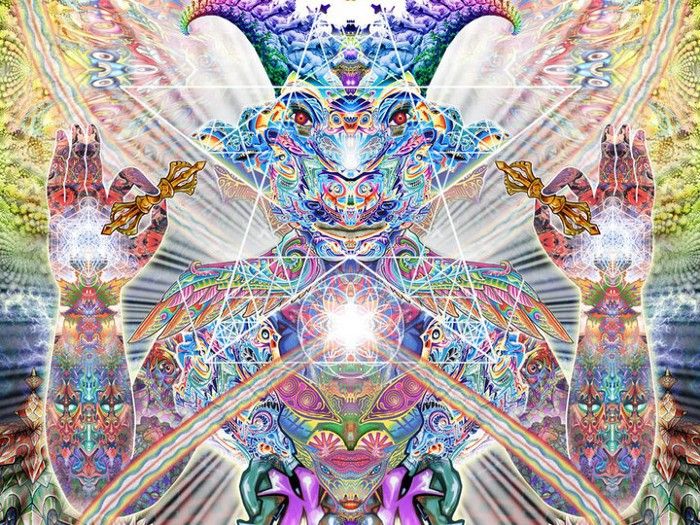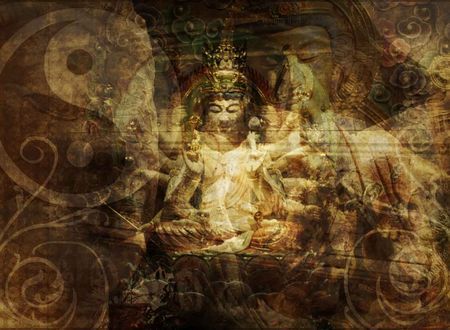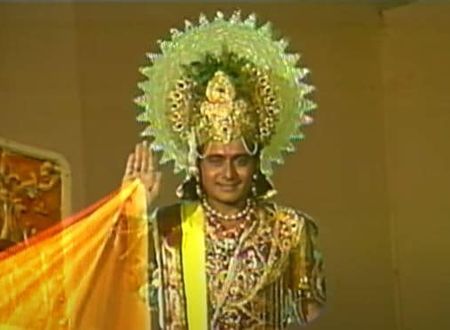Do you believe in God?
The above is a question asked all over the world, and you could answer in one of three ways.
Answer 1: “Yes, I’m a (insert religon here)”, which means you’re a Theist — you believe in God.
Answer 2: “No, I don’t believe in God”, which makes you an Atheist.
Answer 3: “I’m not sure, maybe God exists, maybe not”, which means you’re Agnostic, you’re not sure.
I used to get this question a lot, and would answer without thinking: “Yes, I believe in God” and tell them I was part of the religion I was born into.
After years of thinking I realised there’s a fourth answer to this question, and I discovered I’m none of the above.
The obvious question then, is;
‘How can anyone NOT be a theist, atheist or an agnostic?’
Surely there are no other options. Either you believe it, you don’t, or you’re not sure, right? Where else can you go?
Well, behind all three levels of belief lies the concept itself. One must first be clear on what the concept is before deciding whether or not they believe it.
And, just to be clear, by grammatical definition, ‘God’ is a concept.
Concepts
A concept is a notion which is created and lies within the mind. Concepts are constructed from a collection of characteristics, which, when put together, point to the definition of a particular thing.
Concepts are logical constructs, in that they’re made up of rationally interpreted characteristics which, when connected, allow it to exist within your mind.
Logic is largely a grammatical construct. That is, it’s a product of language (see ‘The Trivium’ for more information). Pure logic comes from the way in which our conscious minds assign limited meaning to symbols (numbers, letters and words) in order to string concepts together in order to interpret them rationally and evaluatively.
A chair, for example, is a concept. A chair is something which has been purposefully built to be sat on by a human. It generally has four legs, but could have more or less depending on the design, as long as it’s specifically built with the intention of humans resting their butts on it.
A chair generally has a backrest. If it doesn’t, it’s a stool, something also purposely built to be sat on, with legs and a space for a human behind, but specifically without a backrest. A stool is another concept — similar to a chair, but slightly different.
Even though you can sit on rocks, tree stumps or tables, they haven’t been intentionally built to be sat on, so even though you can sit on them, in your mind, they don’t fall under the concept of ‘chair’.
Connected Concepts
Driving is an example of different concepts strung together. A car is a concept, in that it’s a mechanical thing designed and built with an engine, 4 wheels and seats to be sat in for the purpose of moving from point A to point B. The road is another concept — a continuing space, paved, unpaved or otherwise, which is specifically earmarked for a car or other vehicle to drive on. The vehicle is yet another concept, which is the wider, parent concept of the car. Driving itself is a concept which comes from the existence of vehicles.
All of these things are conceptual. They’re made up of other definitions and concepts which exist in the mind. They then exist in what humans regard as reality because most humans collectively believe in their existence and then alter the physical world to realise their existence.
Why am I going on about chairs, roads and cars I hear you asking? I thought we were talking about God? Well, maybe because God made chairs and cars? (hahaha, sorry).
‘God’ is a concept within itself. But it’s a different kind of concept from a chair, car, or driving.
We all know what a chair is, we all know what a car is. We can see them, they exist in front of us. We can feel them, touch them, use them. The concept of a chair or car doesn’t wildly differ from person to person because we can physically experience them. These are tangible concepts.
The Concept of God
‘God’ is an intangible concept. Much like the concepts of love or the soul, which are also intangible, you cannot see or touch them. They exist within your mind as an individual. They then exist within groups or populations of humans, where several people share an approximate belief in an intangible concept, like love.
This is not to say that intangible concepts are not real. They very much can and do exist in reality.
Romantic love, for example, is an intangible concept which the vast majority of humans believe in. They do so because they’ve been exposed to the idea since a young age. They’ve heard other people talk about it and seen representations of it, what they think it looks and feels like in others. After a while the individual begins to build a mental picture of what romantic love looks like, and from that picture they build a concept.
Then the individual may find themselves in a situation where their idea of romantic love (the concept) has the opportunity of presenting itself and where they can feel what they believe romantic love is. Their experiences may or may not match their conceptual ideas, at which they may conclude that they have experienced romantic love, because it conformed to their expectations, or they haven’t experienced it because it didn’t match their idea of it.
Real vs Intangible Conceptual Realities
Intangible concepts, by their definition, exist within the mind of the individual. Because an intangible concept is subjectively interpreted, the form the concept takes can differ from mind to mind, from individual to individual. Many different people can hold vastly differing ideas of what the concept for a specific thing can be, and they ALL will have the same title for these concepts which can differ vastly from mind to mind.
The concept of God is a brilliant example of this.
‘God’, as a concept, is generally regarded as having characteristics of omnipotence, omniscience and benevolence. The notion of what God actually is differs wildly from religion to religion, culture to culture and person to person.
It’s also differed vastly over the course of human history. In hunter-gatherer times animism was prevalent; the belief that the divine lies in local objects such as trees or rocks. In India, some 3000–4000 years ago, polytheism (belief in many gods) was most prevalent, with most people holding shared beliefs in deities which represented different concepts such as life, sun, war etc.
Monotheism (belief in one god) is most prevalent now across the world, through religions like Christianity, Judaism, Islam, Sikhism etc.
The different notions of what God is, which exist in different minds across a population, is one of the reasons why so much conflict has erupted throughout the ages over the belief in God. One group of people believe their belief is correct and another group’s is wrong, so they enforce their belief over them through coercion and violence. It happened with the Christian Crusades, the Mughal Empire, between Protestants and Catholics in Ireland, the list goes on and on.
Intangible concepts cannot be objectively proven.
We cannot prove the existence of romantic love in its exact form precisely because its exact form is an experience within a person and is interpreted solely by that individual. You cannot convey your exact romantic feelings to another person because another person cannot feel exactly what you feel. Your emotions and feelings are the products of the physiology of your brain, your experiences, your genetics, your expectations, your beliefs and a host of other things.
You can only convey what you feel to another person through the means of language and logic, which is using a rational form of thinking to try and convey an emotional form. The exact concept and feeling is so subjective it can never be truly experienced in the exact form you experience it by someone else.
The concept of God cannot be objectively proven.
The idea of what God is can differ vastly from person to person, in the same way the exact experience of love cannot be transferred from mind to mind, the subjective concept of God differs from person to person with almost similar wild variations.
We cannot go looking for God to objectively prove what God is, because we can’t agree on what we’re looking for.
When deciding if one believes in something, one must first properly define the underlying concept on which the question of belief rests. Without first defining this, we’re just answering if we believe in our own concepts and our own belief systems and expectations.
So, when asked; Do you believe in God?
My answer must be;
What do you mean by ‘God’?









Comments & Discussion
10 COMMENTS
Please login to read members' comments and participate in the discussion.